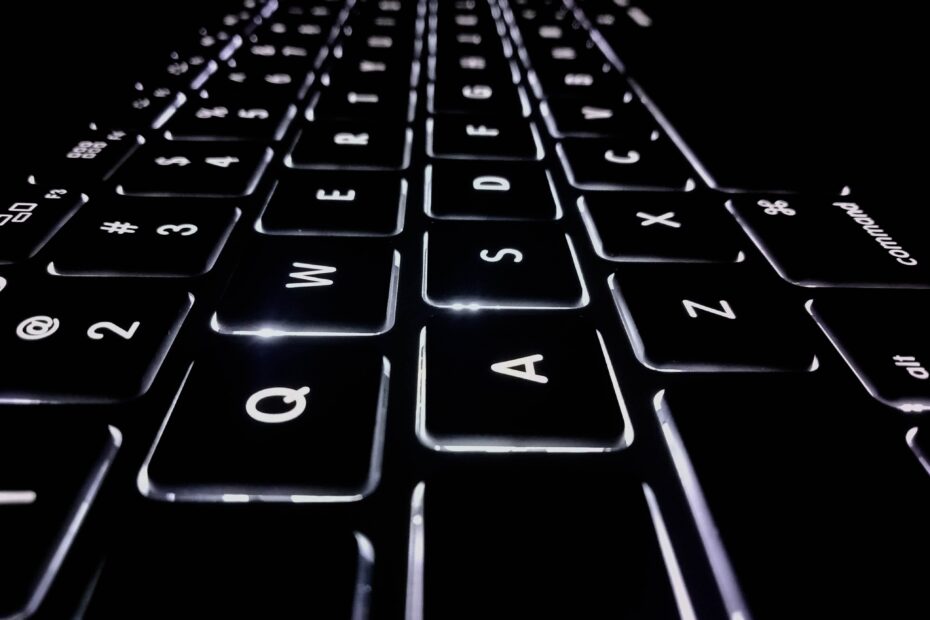I thought that I had killed it.
I was walking (where is not important to the story, so I – no, please, don’t insist, because good writers only include that which is essential to the telling of the – really, it’s not necessary for you to enjoy – alright, alright, I was going to…the drug store – satisfied?) when I felt something underfoot. It was a small, grey mouse, which was convulsing spastically.
I picked the mouse up as best I could, trying not to hurt it further despite having difficulty holding it, and rushed it home. The mouse seemed to grow calmer in the warmth of my hand, so I wrapped it in a blanket and put a saucer of water next to it. The mouse was in bad shape: its eyes were swollen, a grotesque shade of purple with black shadows; it didn’t appear to have a tail and one of its legs was shriveled; its stomach seemed unnaturally bloated.
The mouse’s spasticity soon gave way to a more natural, albeit feverish tossing and turning. The mouse started moaning something I couldn’t make out, but which might have been: “Minnie…Minnie…” Eventually, it stopped shaking and weakly asked, “Wh…who are you?”
“My name’s Ira.”
“I’m Two-three-four-eight-four-one-A,” the mouse said. “But, since it looks like you saved my life, you can call me Two-three-four.”
“Who did this to you?” I asked, angry.
The mouse sighed. Matter-of-factly, it told me: “Science.”
I wasn’t sure what surprised me more, what the mouse had said, or its totally indifferent attitude towards its own suffering. After a couple of seconds of embarrassed silence, I asked, “What happened?”
“Well, Ira, I’ll tell you,” the mouse said, still weak, but eager to please. “I’ve been a lab rat for several years now. I’ve been injected, infected, neglected and inspected in all the big tests – perfumes, scouring greases, cigarette smoke, nuclear radiation, AIDS.”
“AIDS?”
“Ira, not to worry,” the mouse assured me with a not especially reassuring cough. “I was part of the control group for that one. I wasn’t injected with the virus – I was there to show what happens to a mouse who isn’t directly experimented on. It was kind of a new experience for me, actually.”
“This is terrible!”
The mouse shook its little head as best it could. “I don’t regret doing anything that I’ve been asked to,” it stated with pride. “Man is clearly the superior being. I accept that. If I can serve humanity in any capacity, my life will have been given some meaning.”
“But, what about your suffering?” I protested.
“I don’t feel pain the way human beings do,” the mouse responded.
“But, you do have nerve endings,” I insisted. “You do feel pain.”
The mouse shivered. “People kill me. Yeah, I suppose do feel some sensation,” the mouse admitted. “But, believe me, Ira, they’re nothing like what you know as pain. Besides, this research is important. We in the scientific mouse community unanimously agree that our lives are far less important than finding cures for diseases.”
“Okay, I don’t think I can argue that point. But, what about testing the safety of perfumes by spraying them into the eyes of mice? Making vanity items safe for human use is not the same as finding cures for diseases.”
“You’d rather they be unsafe?” the mouse asked, adding: “And it’s rabbits.”
“I’d rather they be unproduced,” I retorted. “Do we really need those products? Especially when they cost is the lives of hundreds, if not thousands of innocent laboratory animals? We have to draw a line between medical research that is conducted on products that we don’t even need for the profit of corporations. Mankind has got to see itself as part of nature – not above it – and limit itself to tampering with other species only when absolutely nec -“
“Hey, Ira.”
“Yeah?”
“What bug got up your ass?”
There was silence for a minute as we followed our separate thoughts. We talked for about half and hour more. When the mouse felt strong enough, it asked me to phone the MediRes Facility, where it had most recently been staying, and ask somebody to pick it up. I tried to talk the mouse out of going back there, but it pointed out that I didn’t have the facilities to care for it myself.
“Besides,” it told me, “I kind of miss the excitement of discovery.”


